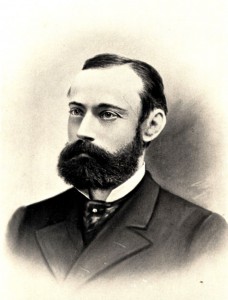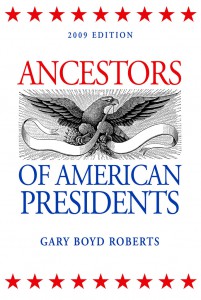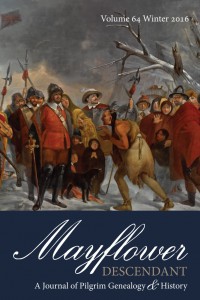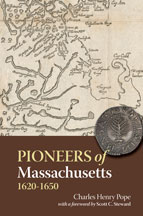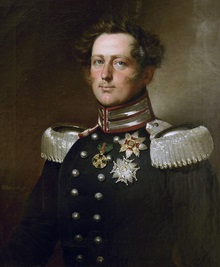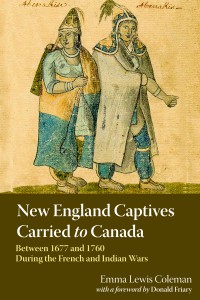 Three more sketches (16 pages) in the Early New England Families Study Project have just been posted – John Carter of Woburn; Samuel Maverick of Noddles Island, Boston, Maine, New York, etc.; and his wife Amyas (Cole) (Thomson) Maverick.
Three more sketches (16 pages) in the Early New England Families Study Project have just been posted – John Carter of Woburn; Samuel Maverick of Noddles Island, Boston, Maine, New York, etc.; and his wife Amyas (Cole) (Thomson) Maverick.
John Carter is the first example in the Early New England Families Study Project of a second-generation New Englander who arrived with his parents during the “second,” unpublished, half of the Great Migration. This results in the anomaly that John Carter’s sketch is published before his father’s, which might confuse researchers assuming that the two projects are seamlessly synced. Continue reading The skipped generation
